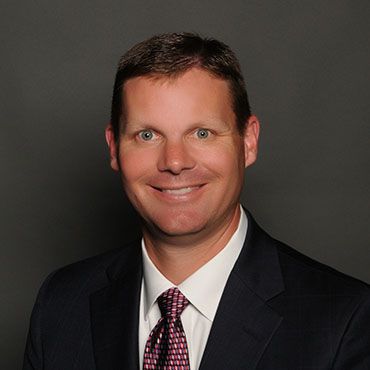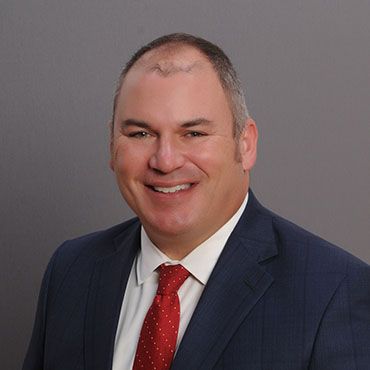Planning is key to getting business succession right
Over the next 10 years, almost half of all privately held firms in the U.S. will be looking to transfer ownership of their business. Planning is the key for addressing business succession, says Josh Moore and Dave Stoltenberg, commercial bankers at Cedar Rapids Bank & Trust.
According to Josh Moore, Senior Vice President and Manager of Commercial Real Estate, and Dave Stoltenberg, First Vice President and Commercial & Industrial Manager, business succession needs to plan for:
- A well-defined exit strategy for owners to ensure their business is sustainable.
- Maximizing the value of their business enterprise that they have worked years to build.
- The business employees and the business legacy within the community.
- Family member(s) or key employees to transition the business to.
- Impact on customers.
“In our experience, some of the most successful transitions are those where the owner has planned for the succession and partnered with a good team of advisors including their banker, accounting firm, insurance company, and attorney,” said Stoltenberg. Five to ten years from exit is not too early to begin succession planning.
Failure to plan can be costly and could create far-reaching ramifications. For example, if a business needs to sell quickly due to an owner’s unexpected death or other reasons, the family may not realize the full value of the business at the sale. A buyer from outside the area, could also have an impact on the employees and the community.
To facilitate planning, CRBT’s commercial bankers advise business owners to ask themselves several questions:
- If something happens to the owner what happens to the business? Is there a management team so the business can continue to run?
- Are the spouse or heirs able to run that business?
- If there are no family members to take over the business, are there key employees to whom the owners would like to transition the business?
- Is selling the business for the highest price possible, imperative or are there other considerations?
- Is it important your employees still have a place to work?
- Is it important for the business to continue to serve customers in the community they are a part of?
“Every business owner needs to decide what is important for them,” Stoltenberg said. He advises focusing on what is most crucial and establishing a succession plan to address the most essential things.
“It all relates to planning,” he said. When it comes to maximizing the value of the enterprise, transparency and continuity are vital. If a seller can identify barriers to entry and show the business is in a protected position, that helps maximize the price. If the seller is willing to stay on as an employer or advisor, that adds value and protects the business.
“Good financial reporting helps establish realistic expectations for the value of the business - avoiding situations where ‘one party thinks X and another thinks Y,’” Moore said.
He advises to not run personal expenses through the profit and loss statement. The clearer the picture of the cash flow, the better the chance of maximizing the value of business.
With proper planning, there are several viable options to help facilitate a beneficial exit.
Whether financing solutions involve bank loans, life insurance, seller financing, private equity or any combination thereof, a strong banking relationship is essential.
“We’ve assisted many of our clients with succession planning and have used various strategies to accomplish a successful exit,” said Moore. “We have clients with different ownership structures and different needs. Some are ESOP owned (employee stock ownership plans), while others are partnerships and S corps.” Knowing their client’s business, asking intentional questions, being curious and staying up to date on their plans and goals helps CRBT commercial bankers provide financing strategies and solutions to help their client’s meet their goals.
He adds, “CRBT has an ESOP group that understands the type of financing needed for an employee-owned company and a professional practice group that has worked with many dental and physician practices; we put knowledgeable professionals in front of clients and prospects, and we can assist with funding ownership buyouts and transitions.”
To sum up, successful business succession planning requires an early start and coordinated effort that includes your banker, accountant, attorney, and insurance representative.
“Of those three words — business succession planning, the most important is ‘planning,’” said Stoltenberg.

Dave is actively involved in the community. He is currently volunteers his time as a Junior Achievement classroom instructor, Board Member for Matthew 25, Cedar Rapids Sunrise Rotarian and OneWalk Corporate Committee Member for Juvenile Diabetes Research Foundation (JDRF). He is a 2006 graduate of Leadership for Five Seasons and a 2007 Corridor Business Journal Forty Under 40 honoree.

Throughout his career, Josh has been actively involved in the Cedar Rapids community. He currently serves on the Board of Directors for Horizons: A Family Service Alliance (Past Chair), Board of Trustees for the National Czech & Slovak Museum & Library (Vice Chair), and is an advisory committee member of Neighborhood Finance Corporation.
